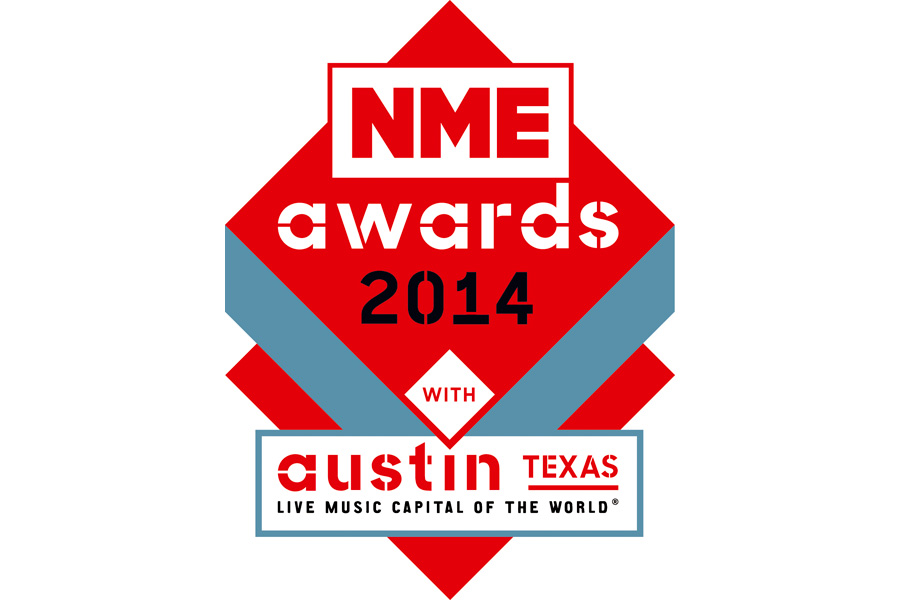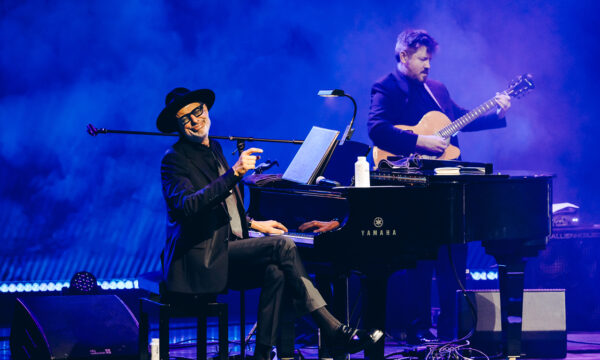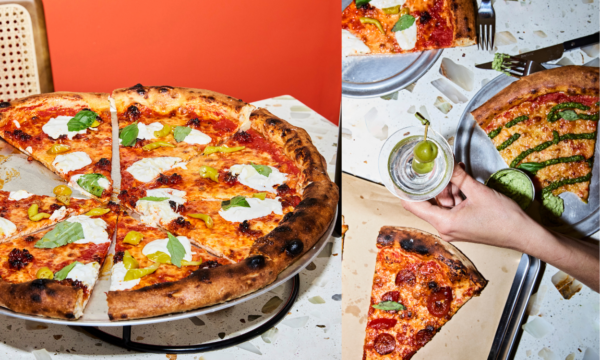NME Awards 2014: The other side of the debate

Awards season is upon us and last night it was NME’s turn to give us their verdict of the best (and worst) music of the moment. Arctic Monkeys featured heavily at the awards coming top in no less than five categories including Best Live Band and Best Album with front man Alex Turner receiving the Hero of the Year award. Other triumphant contenders included Haim, nominated for four awards and winning Best International Band; Lilly Allen, who received two nominations and won Best Solo Artist, beating David Bowie, Jake Bugg and Kanye West; Blondie who received the coveted Godlike Genius award; and Sir Paul McCartney who picked up the Songwriters’ Songwriter award for his vast contributions to the music industry.
Not everyone was quite so lucky, including One Direction’s Harry Styles who beat David Cameron, Vladamir Putin and Robin Thicke to win Villain of the Year for the second year running, and The 1975 who received the accolade of Worst Band.
With its one-finger-up-to-the-establishment gong, the NME awards have typically pushed boundaries and challenged conceptions of contemporary music. Not afraid to confront popular culture, NME damns those whom they deem non-deserving of success and praises those acts who are offered few platforms of recognition elsewhere. NME’s derision against bands such as The Wanted and One Direction, both nominated for the Worst Band award but who have been elevated to superstardom by their American success, shows a departure from mass produced pop music, while the nominations of independent artists such as Courtney Barnett, Wolf Alice and Savages shows NME’s desire to encourage and showcase new artists.
Contrary to last week’s Brit Awards, where the most talked about performances came from American performers such as Beyoncé and Pharell rather than the British acts it claims to represent, the NME awards display a far broader spectrum of what the music industry has to offer. Little known Yorkshire band Eagulls beat heavyweights Arcade Fire, Arctic Monkeys, Lily Allen and Pharell to win Best Music Video while the Best New Band category included a vast list of obscure, up-and-coming artists such as Drenge, Jaguar Ma and Swim Deep – a pool of alternative musicians dwarfing that of the Brit’s Critic’s Choice category most of whom have already secured spots in the mainstream music scene. NME’s focus on live music through its Best Live Band category highlights the importance live shows now hold for artists given today’s culture of internet downloads and streaming as well as the public’s want for more than a polished studio recording.
From the NMEs and Brits an obvious rift is apparent between a dominance of mass produced popular music and an undercurrent of alternative, independently represented artists surging to new popularity. As the Brits attract their lowest television ratings of the 21st century, it would appear that we are now looking to other sources rather than the UK Top 40 or national radio for our musical knowledge. Despite not getting everything right – Arctic Monkeys did dominate the proceedings and Lilly Allen won best solo act even to her own amazement – NME provides a vital platform for independent artists as more people join the search for new music outside of mainstream culture.
Alexandra Sims
For further information about NME visit here.
























Facebook
Twitter
Instagram
YouTube
RSS